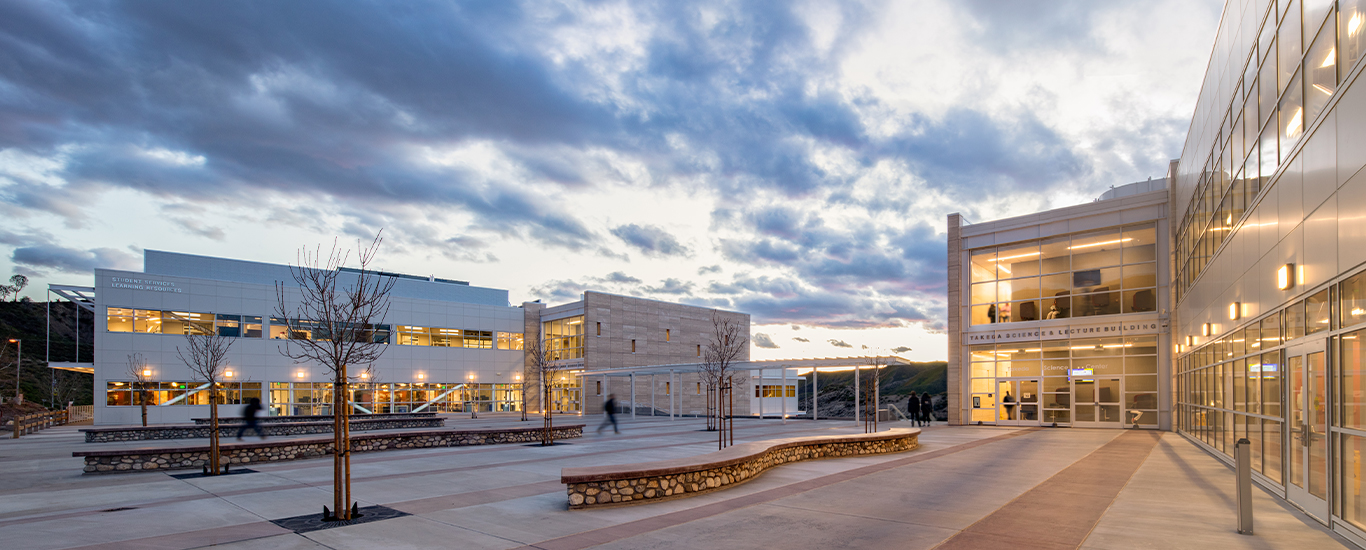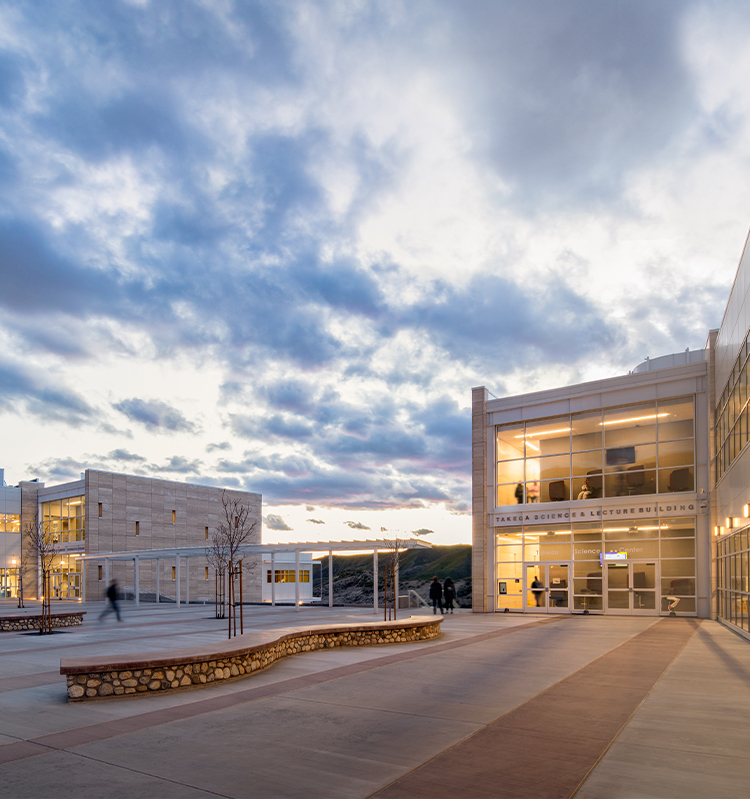Board Cohesion and Effectiveness
1. Board Cohesion and Effectiveness
|
|
The Board will focus on building a cohesive and effective team given the number of new trustees, through structured team-building activities, establishing shared communication norms, and developing mutual accountability mechanisms.
Success Measures:
- Completion of at least two facilitated team-building retreats.
- February — Trustee Onboarding/Ongoing Professional Development Retreat.
- June — Annual Board of Trustees and CEO Evaluations (June 25, 2025).
- Development and adoption of a Board Communication Protocol.
- 90% or higher attendance at all Board meetings and development activities.
- Trustees complete one-on-one check-ins with each member of the board to build a personal relationship, trust and communication.
|
Trustee Development and Education
2. Trustee Development and Education
|
|
The Board will engage in significant onboarding and professional development opportunities to enhance their understanding of trustee duties and responsibilities, and the role of California community colleges, with particular focus on fiscal oversight, accreditation standards, and student success frameworks.
Success Measures:
- Each Trustee will attend CCLC’s Effective Trusteeship, Board Chair Workshops, and Annual Legislative Conference.
- The Board will participate in at least three focused educational sessions on key areas of community college governance.
- New Trustees will complete a comprehensive orientation program, including meetings with key campus constituencies, as well as suggested reading material.
|
Student Access, Learning and Success
3. Student Access, Learning and Success
|
|
The Board will engage in dialogue and conversations to expand equitable access to education and improve student success outcomes by strengthening support services, increasing enrollment pathways, and enhancing learning resources by June 2026.
Success Measures:
- Increase student retention and completion rates.
- The Board will receive updated reports on efforts to increase access, enrollment, retention, completion and transfer rates and evidence of progress toward closing achievement gaps.
- Dual Enrollment Expansion by creating or evolving two partnerships.
- Industry Partnerships: Track the number of new employer partnerships established for workforce training programs. Partner or evolve programs with two new or existing industries by 2026.
- The Board will review changes to DEIA policies that will affect funding mechanisms for programming, resources and access that affect student success.
|
Strategic Dialogue/Decision-Making with Internal Stakeholders
4. Strategic Dialogue/Decision-Making with Internal Stakeholders
|
|
The Board will identify and participate in opportunities for in-depth conversations and dialogue about key topics related to the district, resulting in informed board positions and strategic direction.
Key Topics for Study Sessions/Retreats:
- Enrollment management and student retention strategies.
- Workforce development partnerships and career education priorities.
- Key Topics for Study Sessions/Retreats (continued):
- Facilities master plan and capital improvement priorities.
- Budget development and healthy fiscal stewardship.
- The board’s role in meeting accreditation standards.
- Conflict of Interest/Form 700 and Political Reform Act.
Success Measures:
- Completion of all planned study sessions with documented outcomes.
- Development of at least two board position statements on strategic priorities.
- Integration of board input into the college’s strategic planning process.
|
Leadership Transition Support
5. Leadership Transition Support
|
|
The Board will demonstrate support for the district as it goes through a transitional phase in leadership by establishing clear communication channels, respecting governance roles, providing timely feedback, and ensuring institutional stability.
Success Measures:
- Establishment of a leadership transition communication plan by May 2025.
- Regular one-on-one meetings between board president and CEO.
- Completion of a comprehensive and collaborative CEO evaluation process.
- Development of a CEO search process that includes broad stakeholder input.
|
College Presidential Search and Transition
6. College Presidential Search and Transition
|
|
The Board will successfully recruit and onboard a new college CEO/President by January 2026, ensuring alignment with district goals and student needs.
Success Measures:
- Create an evaluation committee for selection of consulting firm.
- Finalize consulting firm qualifications/criteria by April 2025.
- Review request for proposals (RFP) and select firm.
- Determine the composition of the search/selection committee of appropriate stakeholders to conduct interviews by Summer or Fall 2025.
|
Community and Stakeholder Engagement
7. Community and Stakeholder Engagement
|
|
The Board will strengthen its connection with the college community and district stakeholders through intentional outreach, visible participation in college events, and structured opportunities for constituent feedback.
Success Measures:
- Each Trustee will attend at least five college events per academic year.
- Development of a Board communication plan for reaching district stakeholders.
- Development of communication and collaborative efforts with Santa Clarita school districts along with external educational institutions to discuss common goals, challenges, best practices, career pathways, dual enrollment and articulation agreements.
|
Review and Assessment Process
The Board will conduct quarterly reviews of progress toward these goals during regular Board meetings along with a comprehensive annual assessment.

 My Canyons
My Canyons  Canvas
Canvas 
